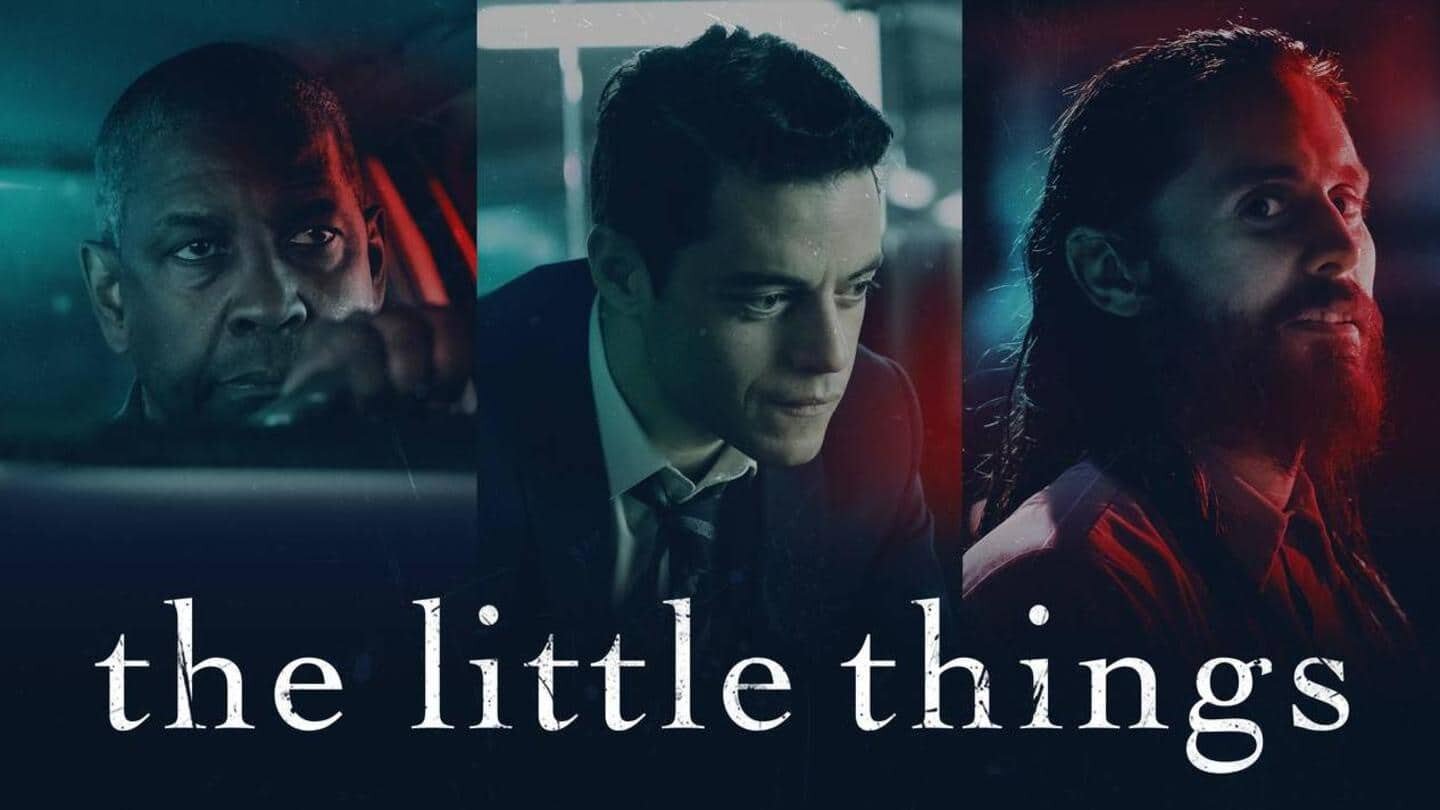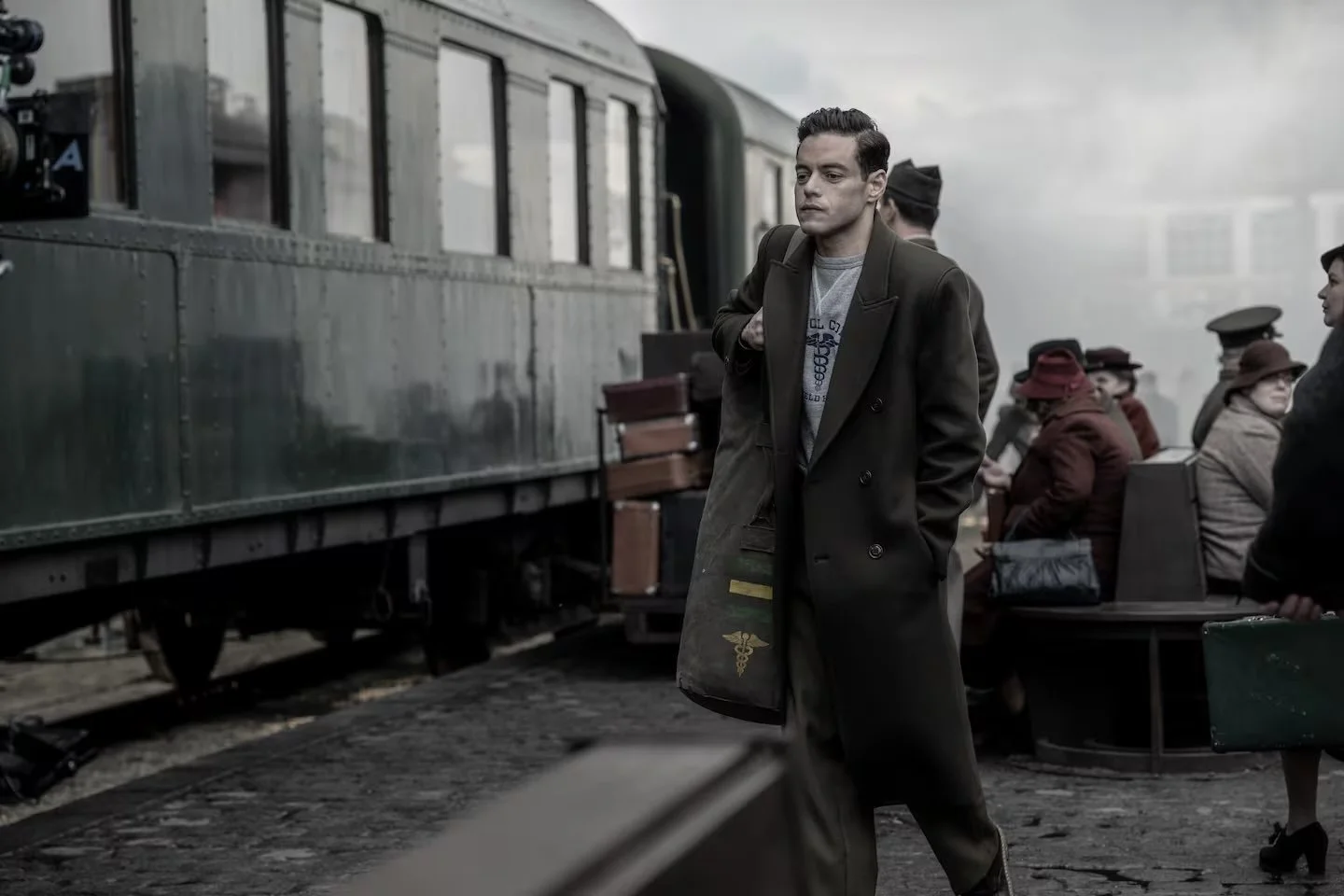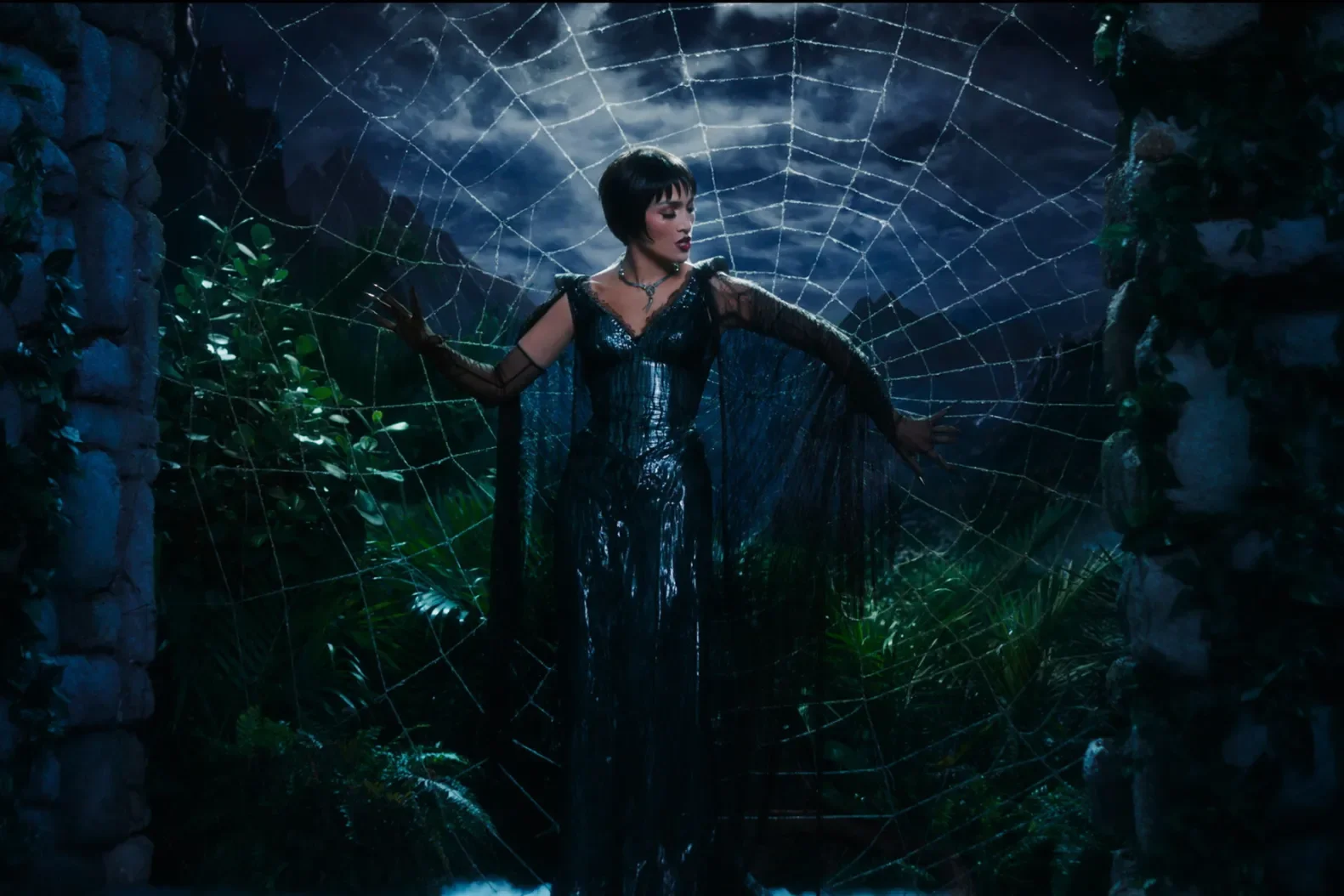Review: The Little Things
Ladies and gentlemen, we have entered the pulp noir renaissance. It’s no secret that the crime genre is booming, with countless films and television shows garnering extreme view counts and high ratings on streaming services, such as Netflix’s new series Night Stalker. People love to see thrilling chases, genius detectives, and justice in action. Director John Lee Hancock steps up to the plate with The Little Things, featuring an Academy Award-winning cast of Denzel Washington, Rami Malek, and Jared Leto.
The film was written in 1993, which is both a blessing and a curse to viewers; its visuals and storyline are gritty and thoroughly retro, but it also feels somewhat dated and tired, telling us a story we’ve heard many times before. The story centers on Joe “Deke” Deacon, a detective with a mysterious past, and a series of murders in the Los Angeles area. By now, we all know the story of the urban detective, haunted by his past and reduced to a cold, cynical husk of a man. Fans of the genre may be excited to know that this film follows that pattern, but for the average viewer (and there are many, as The Little Things is topping both HBO Max and the box office, despite the pandemic) it may feel somewhat redundant.
The Little Things starts with some momentum, showing us a tense, unnerving scene of a young woman being pursued by a mysterious driver at night, but loses energy as we meet the main character, Joe Deacon (Denzel Washington), who we’ve met many iterations of throughout a hundred other films. Once an L.A. detective, now a rural beat cop, Deacon hears of a familiar case in his old precinct and takes it upon himself to solve it, with the help of his younger replacement, Jim Baxter (Rami Malek). Sounds kind of like Seven, right? I wish it were that good, but unfortunately, the momentum continues to drain throughout the rest of the film, at moments restored to base level with brief, loud scenes of violence and thrill, only to fall flat in its final moments.
At one point, Deacon instructs Baxter to keep an eye out for the “little things,” details of a crime scene or suspect’s speech that may be important, but overlooked. This seems an instruction for the viewer as well. If you look at the “little things” scattered throughout the film, you see there are a handful of hidden clues, shown but never stated outright, leaving the viewer to do the detective work. Here’s a hint: look out for the wire found at the crime scene later in the appliance shop. These clues seem intentional, giving the film a layer of interactiveness that is needed for it to be enjoyable. They are subtle, however, something I didn’t really notice on my first watch, and could be classified as foreshadowing until the ending. Some clues also require a bit of background true crime knowledge that the average viewer may not have, leaving these to be written off as atmospheric additions to the film. There are a few minor twists, especially in the final scenes, where we learn a crucial detail that contextualizes much of the previous events. Spoiling this would render watching any of the movie insignificant, so I’ll spare you the details, although the ending could be unfulfilling and too ambiguous for many.
For some reason, there was an emphasis on religious imagery in this film. From out-of-context shots of crosses to a metaphor about angels to the name Deacon, it seemed like Hancock was hinting at something to come, which, to my dismay, was never revealed. The soundtrack was also a strange choice. While the sparse, experimental composition was a welcome change from the more orchestral soundtracks expected from dramatic films, it seemed awkwardly placed throughout the movie and didn’t sonically fit with the dark, gritty visuals. These visuals, on the other hand, were a high point. While the camera work could be off-putting or blasé at times, with quick cuts and unimaginative shots, the color grading and set design for this film added much-needed depth and character to the story.
When you look at this movie through the lens of diversity and inclusivity, it has not kept up with other modern flicks. There are basically no women in this movie, other than the victims. There are maybe two or three women who have both a name and lines, and their only job in the film is to help the male protagonists. It’s disappointing, but honestly, it’s exactly what I expected, as this genre is not known for being particularly kind to women.
I had high hopes for this movie, but I was ultimately let down. Despite all of the talent, the plot left little room for expression or novelty, leaving much to be desired. Washington and Malek did a fine job with their roles, with no significant missteps or flaws, although their onscreen chemistry was virtually nonexistent. Leto plays the same character he’s played for years, the wild-eyed, nearly homeless maniac who keeps the protagonists guessing, earning him a Golden Globe nomination for Best Supporting Actor in a Motion Picture. Sure, it was well-done, but I wish I could have seen something more nuanced or even just different.
In short, The Little Things is about just that: the subtlety of the genre and the tiny details that keep viewers coming back movie after movie. It seems to be an unconscious celebration of the characters in these stories, the feeling of suspense they create, and the tropes that we all love to see, without reinventing the wheel. If you’re a true crime fan, a thriller fan, or you just really like the actors in this one, it’s worth a watch on a slow weekend.
6/10
Popular Reviews





